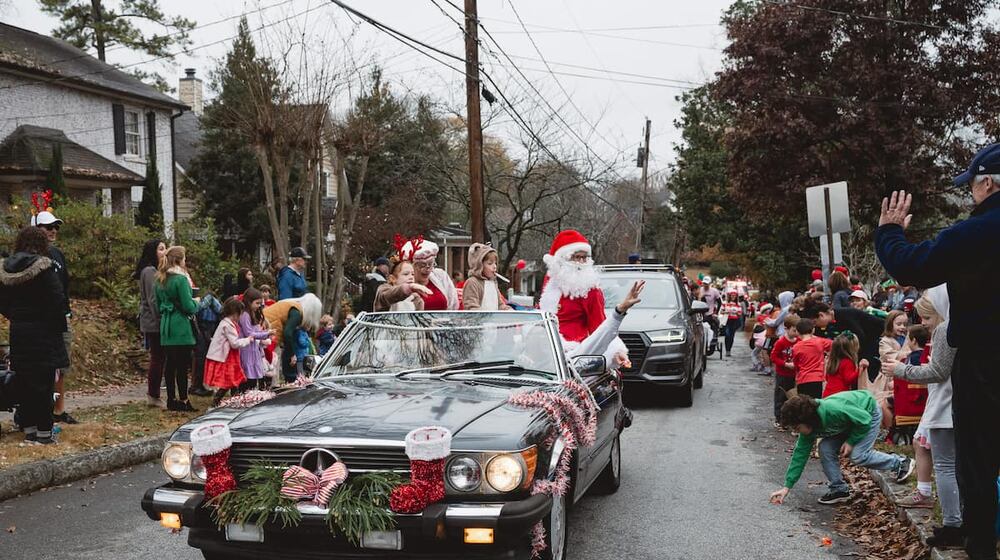FICTION
“Me and My Daddy Listen to Bob Marley”
Ann Pancake
Counterpoint
$24. 291 pages.
Seven years after her acclaimed novel, “Strange as this Weather Has Been,” Ann Pancake returns with a bravura collection of short fiction, “Me and My Daddy Listen to Bob Marley.” In two novellas and nine stories largely set in her native West Virginia, Pancake explores the consequences of one of the most brutal industries in America — coal mining — and its collateral damage: poverty, drug abuse, domestic abuse, suicide, child neglect, alcoholism and violence.
What a joy it is to hear her wild, true-blue voice again. Now based in Seattle, Pancake grew up in Romney, a town that in so many ways — all of them portrayed here, in these keenly felt tales about the loss of Appalachian identity and culture — she has never left.
The book opens with “In Such Light,” a novella about a troubled college freshman desperate to escape her rural background. Home for the summer, by day, Janie’s a “popcorn girl” at a once-glamorous theater; by night she hangs out with her mentally disabled uncle Bobby and his neighbor, a local bad-boy with a mean streak Janie mistakes for sensitivity.
Though she relies on Bobby for company, his freakish behavior and peculiar speech patterns embarrass Janie, who sees in them reflections of her own limitations. In both characters, Pancake hints at the damning legacy of Big Coal’s greed and waste. Janie’s impressions of the still functioning parts of her uncle’s brain, though, evoke an enduring ethos no amount of environmental devastation can wipe out:
“Some parts had melted in the heat … tarnished and clotted together like clock guts after a fire — the part that did numbers, the part that managed cause and effect, the part that gauged how funny things really were — while other parts in that dark crowded space still gleamed and whirred, unscathed — the part that could sustain a conversation, the part sensitive to her grandmother’s tireless social skill drills, the part that remembered things.”
As the weeks pass, her uncle’s poignant search for companionship and love reconcile Janie to values buried deep in their shared past. Their relationship, like so many others in “Me and My Daddy” echoes the characters’ unbreakable attachment to the land and to family.
All of Pancake’s characters undergo some form of haunting. In the endearing “Mouseskull,” 10-year-old Lainey wears the still-decaying titular skull round her neck as an amulet against the ghosts that haunt her family home, with its “few rooms that comfort, many that scare” — including the one her grandfather killed himself in several years earlier.
In “Arsonists,” two retired strip miners try to cope with paralyzing PTSD, a result of the coal company’s mountain-top removal blasting and the mysterious house fires that have followed. Their town, once a place “that used to make things, not chemicals, electricity, gasoline, but things you could actually touch,” can no longer support life.
The uncle of a young girl in “Rockhounds” obsesses over his belief that the family dogs are dying after drinking the poisonous run-off from fracking. In “Honeyvines,” a local camp counselor who responds to the needy, “hug thirsty” children from an underprivileged community is wrongly accused of inappropriate touching by a well-meaning but clueless outsider.
The title story presents the cockeyed world of a 3-year-old boy spending the day with his meth-addicted father in an unheated house where Dad sits and smokes “his nerve medicine.” The visit culminates in a betrayal that leaves the boy clinging to the only “real world” he knows, populated by his toy Power Rangers, trying, like so many of Pancake’s characters, to find a voice for sorrow so great it feels like “stones cracking … walls unsealing.”
Pancake counts fellow West Virginians Breece D’J Pancake (they are distantly related) and Jayne Anne Phillips as two of her biggest influences. Like them, she honors the people of Appalachia without prettying them up or dumbing them down. The inventive language found in this collection — a heady, jostling mix of words that feel new-minted and old at once — convey the richness of the language she grew up with.
“Him. Helling up a hillside in thin snow won’t melt, rock-broke, brush-broke, crust-cracking snow throat felt,” begins one story. Characters are “raptured” by certain scents; a grandfather has “sniftered” a secret “without being told.” Dread comes “witch-fingering” in; a character’s throat is “stobbed up” with grief. The last child in a family is described as “that ruint runt of Revie’s four boys. End piece didn’t come right.”
In this “land being destroyed faster and more spectacularly than almost anywhere else in the besieged United States,” you might think there couldn’t be much left to celebrate. “It was the emptiest place he’d ever felt,” thinks one character, wondering “how you could kill a piece of ground without moving it anywhere.”
But Pancake, the seventh generation of her family to grow up there, kindles a spirit still powerfully alive, surviving amid the wreckage. The stories in “Me and My Daddy” end on hopeful notes, her characters triumphing in small ways, quietly reconnecting their broken parts — because “still the land sings” to them and in them.
“And not just a singing,” she writes, “but louder, stronger, I tell you, every month it gets easier to hear. Because — listen — when everything is losing, everything is lightening, the distance between us thins and sheds. This is what loss gives. In these delicate, sharp, and beautiful, these brilliant unraveling days.”




